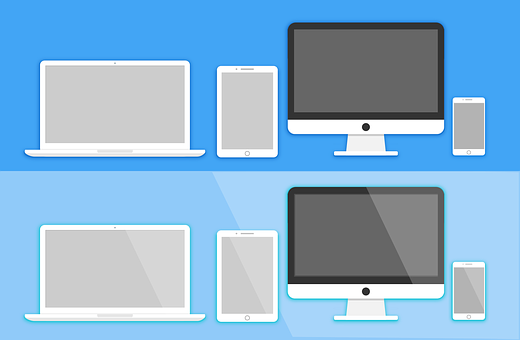When you purchase a home, it can be a somewhat stressful situation. You are moving into a new home which you now own. You can no longer rely on the landlord of your apartment or condo to take care of repair requests, pest extermination duties, and a host of other things they’d handle. Financially, this is something which you’ll have to deal with on your own. This is part of what being a new homeowner is all about. You’re no longer in that comfortable area where renters reside. It is now all on you to make sure that your new home stays in the best condition possible.
As you deal with the added financial weight that being a homeowner brings, why not seek some peace of mind? This can be done by investing in homeowners insurance. When you look into getting a policy like this, you want to obtain as much coverage as you can for things that might happen around your home. This can help you to lessen the amount of money that will come out of your pocket in the case of property damage, or any other catastrophic event which causes damage to your new home. One thing to realize is that not everything that happens to your home is covered under homeowners insurance. Check out our guide to what home insurance will and won’t cover.
Physical Structure
After you do your home insurance compare and check to see who provides the home insurance policy, find out what is actually covered by their homeowners insurance. In most cases, your homeowner insurance policy will cover your physical structure, or the home itself. Say your home suffers extensive roof damage as a result of a natural disaster. If you’ve lost shingles as a result of a windstorm, or maybe you have a hole in your roof, these repairs can be covered underneath a home insurance policy. As always though, it’s best to consult with an insurance agent to see what exactly is covered when it comes to homeowners insurance.
Other physical structures on your property, like a garage, fence, driveway, or even a shed, are also covered under your home insurance policy. When looking into homeowners insurance it helps to get as much coverage as possible on these physical structures. This can provide you with peace of mind that comes with knowing that, when disaster strikes, your dwelling will have the best coverage options available.
Earthquake and Water Damage
In many states across the United States, property damage associated with earthquakes, sinkholes, and other movements of the earth isn’t covered by homeowners insurance. Say you live in Columbus, Ohio and your Columbus awning that you recently installed on your home was damaged by flying debris from an earthquake. There’s a good chance that your homeowners policy won’t cover the damaged retractable awning. In addition to this, flood damage is not covered by your home insurance policy. Additional coverage for flood damage would have to be purchased as a separate insurance policy.
Maintenance Issues
What else isn’t covered underneath a homeowners insurance policy are maintenance issues. This can include termite damage, bird damage, rust, rot, mold, and the general wear and tear of your home. Preventative measures taken in advance before such maintenance issues arise can help in the long run. You don’t want to have to pay exorbitant costs when it comes to handling such maintenance issues. Unfortunately, though, you’ll have to pay something due to the fact that these residence maintenance problems aren’t covered by homeowners insurance.
Personal Property
Personal property such as jewelry, artwork, electronics, or any other personal belongings is covered by your homeowners insurance policy. If these items are stolen, destroyed by fire, hurricane, or other insured disasters, they receive coverage underneath your home insurance policy. This coverage stretches to your automobile. Many car insurance policies don’t cover the damage or theft of personal items. Homeowners insurance provides this needed coverage, in case your personal items are stolen or damaged while in a vehicle.






